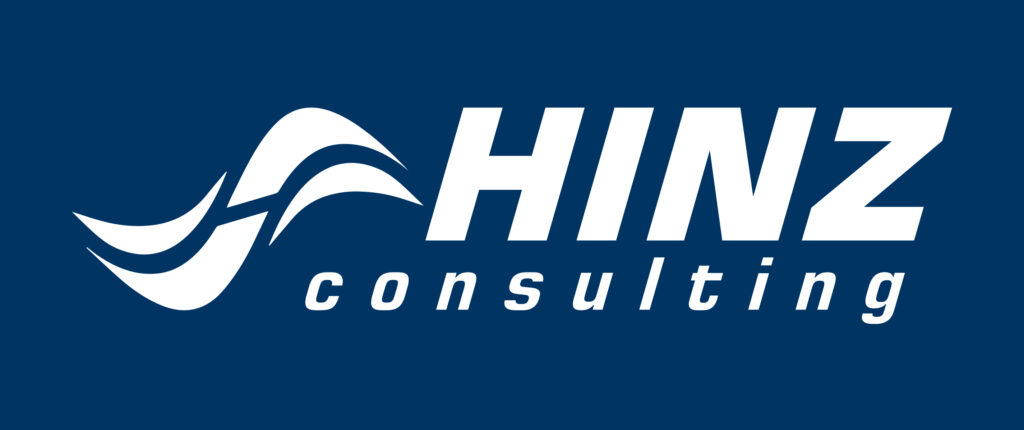Understanding the intricacies of contract governance is crucial for businesses aiming to navigate complex contractual relationships. Here are some frequently asked questions about governance:
What Is Contract Governance?
Contract governance involves the creation, implementation, and oversight of processes and policies to ensure that contractual agreements are effectively managed and aligned with organizational objectives.
Why Is Contract Governance Important?
Governance is essential for ensuring compliance, mitigating risks, and optimizing performance. It provides a structured approach to managing contracts throughout their lifecycle, fostering positive outcomes.
How Does Governance Impact Risk Management?
Effective governance identifies and addresses potential risks in contractual relationships. It establishes protocols for risk mitigation, preventing issues from escalating and impacting the success of projects.
What Role Does Technology Play in Governance?
Technology plays a crucial role in streamlining contract management processes. Governance software enables organizations to automate tasks, track key metrics, and ensure real-time visibility into contract performance.
Can Governance Enhance Collaboration?
Yes, governance fosters collaboration by setting clear expectations, promoting transparency, and aligning parties with shared goals. Positive relationships established through effective governance contribute to successful collaborations.
Is Governance Only for Large Organizations?
No, governance is beneficial for organizations of all sizes. Even smaller businesses can benefit from structured governance practices to enhance compliance, manage risks, and optimize contractual performance.
How Does Governance Contribute to Cost Savings?
Efficient governance reduces the likelihood of disputes and legal challenges, resulting in cost savings. It also enables organizations to optimize resource allocation and negotiate favorable terms.
Conclusion:
These FAQs provide insights into the fundamentals of contract governance, emphasizing its importance, impact on risk management, role in collaboration, relevance to organizations of all sizes, and contribution to cost savings. Contact us to learn more!

